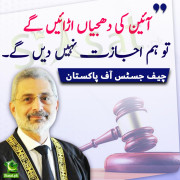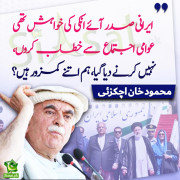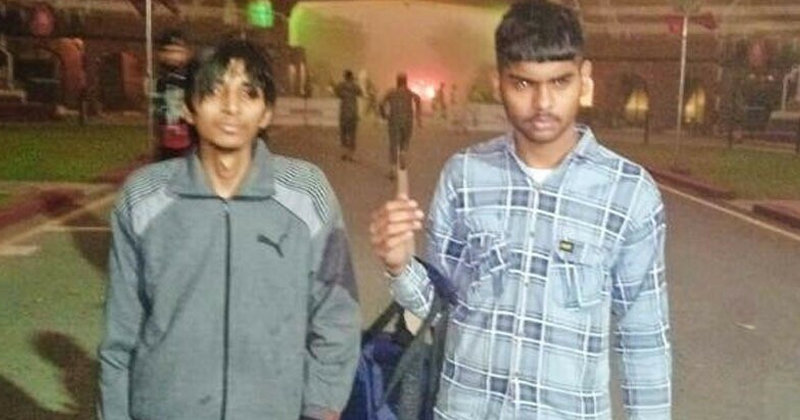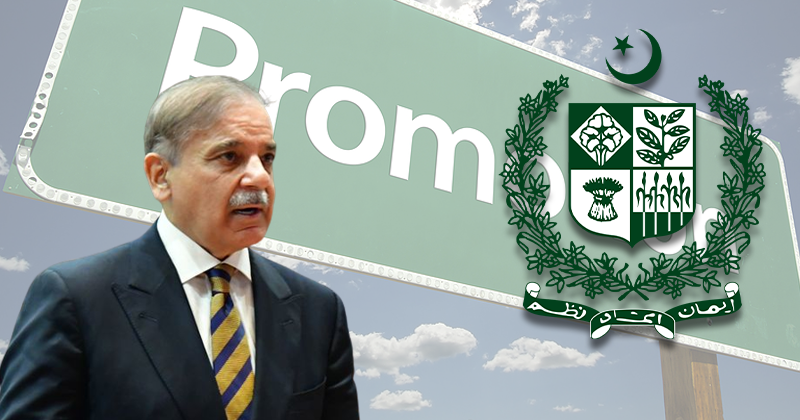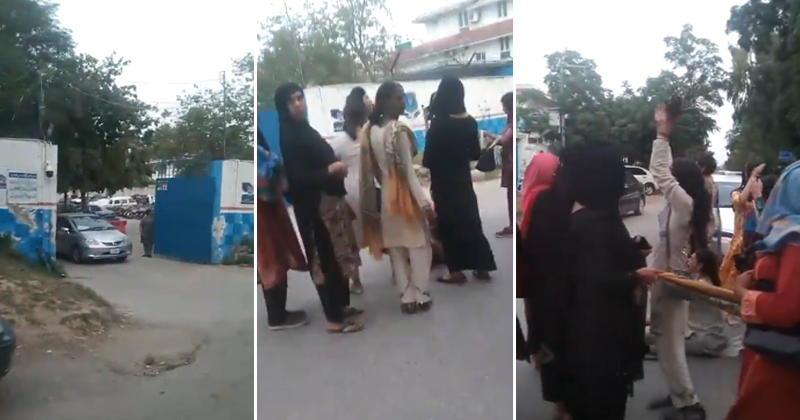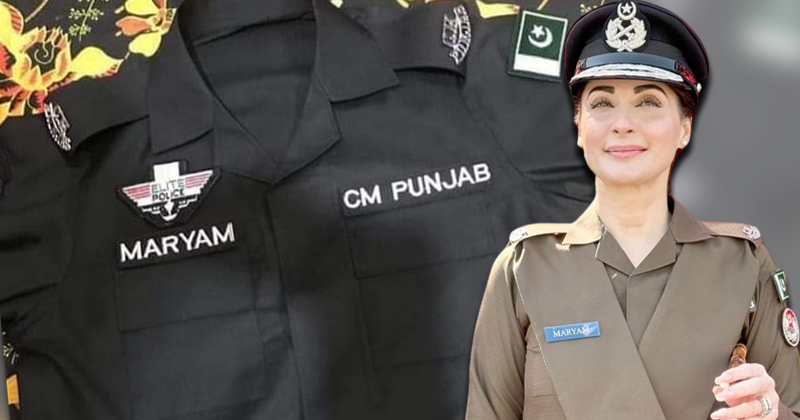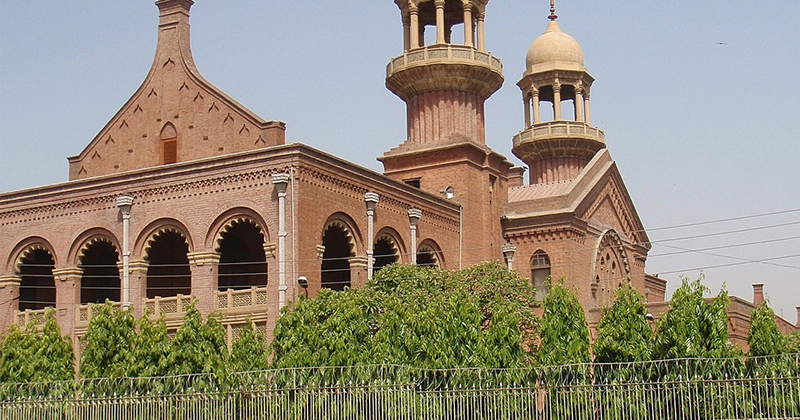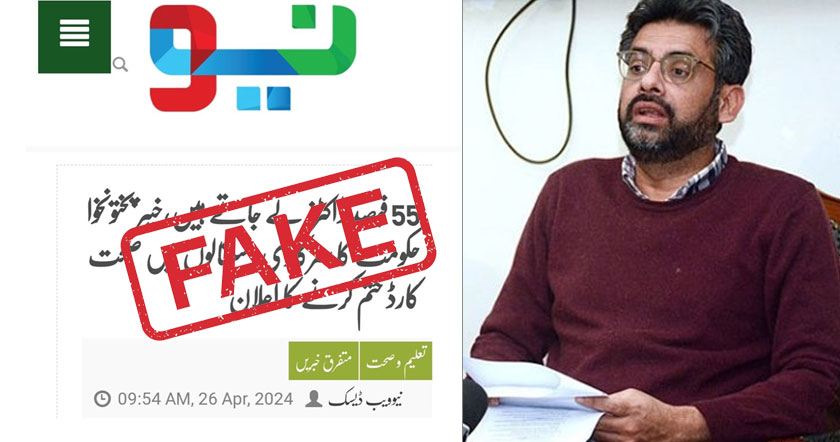The writer is a New Delhi-based broadcast journalist, contributor to the magazine, The Diplomat and he tweets @destinydefier
The Hindu right-wing government in the central Indian state of Madhya Pradesh finally withdrew the order that aimed to introduce lessons from the religious text, Bhagavad Gita, into school curriculums.
The Bharatiya Janata Party (BJP) — the ruling party of Madhya Pradesh — came under heavy criticism from Muslim organisations and secular political parties, for its attempt to alter the secular character of the Constitution. Members of the All India Muslim Personal Law Board (AIMPLB) blamed the government for the communalisation of the school textbooks, attempting to indoctrinate young minds and sowing the seeds of prejudice among communities. The Congress Party also attacked the BJP for tampering with the secular spirit of the country.
Previously, the BJP-led government in Delhi that ruled from 1998 to 2004, made serious attempts to change school textbooks and rewrite history. The whole idea was to teach younger Indians a history which did not reflect the diversity of India and portrayed it as a purely Hindu nation.
Let us not forget that in the Gujarat riots of 2002 — where thousands of innocent Muslims were killed by Hindu fanatics — the indoctrinated tribal people played a prominent role. Moreover, the BJP’s presence in Gujarat, for 15 years or more, has communalised the state to such an extent that any debate about the country’s plurality receives derision from middle and upper classes of society. The western Indian state has become a laboratory of radical Hindus.
Infiltration into education is part of the larger game plan of undermining the religious diversity of India and the fountainhead of this project is Rashtriya Swayamsevak Sangh (RSS) — the ideological godfather of the BJP.
Narendra Modi, a radical Hindu leader and the chief minister of Gujarat — who was the architect of the Muslim massacre in 2002 — is the product of this school of thought. He is the presumptive prime ministerial candidate of the BJP and poses a very serious danger to the pluralistic tradition of the nation. His rise in Indian politics forces Indians to make a choice: do they want to see India as a modern, plural country or as a nation intolerant of other cultures and faiths?
Even during the freedom struggle, the RSS and its cohorts were busy propagating its communal agenda and after independence, in 1947, the organisation continued with its divisive agenda, which led to the assassination of Mahatma Gandhi at the hands of a Hindu zealot. Much before Islamic terror became a buzzword, the RSS laid the foundation of Hindu terror in modern India. The violence in Gujarat, in 2002, against a minority population was the extension of that terror.
The overwhelming secular and liberal forces in the country need deep introspection. Can they allow their nation to be a playground for rabid communal forces that are out to radicalise society?
Sixty-six years ago, Indians made a pledge to establish a modern, pluralistic and secular democracy; the time has come to redeem that pledge again and reassert the people’s faith in the basic principles governing the nation.
The radicalisation of the main opposition party, the BJP, is a matter of concern. It is making a serious bid to capture power, in Delhi, next year. If that happens, then what the Madhya Pradesh government is attempting to do today, the BJP will try to replicate tomorrow in other parts of the country.
Should Indians allow forces inimical to the idea of India to succeed?
Published in The Express Tribune, August 13[SUP]th[/SUP], 2013.
http://tribune.com.pk/story/589784/is-india-for-hindus-only/




